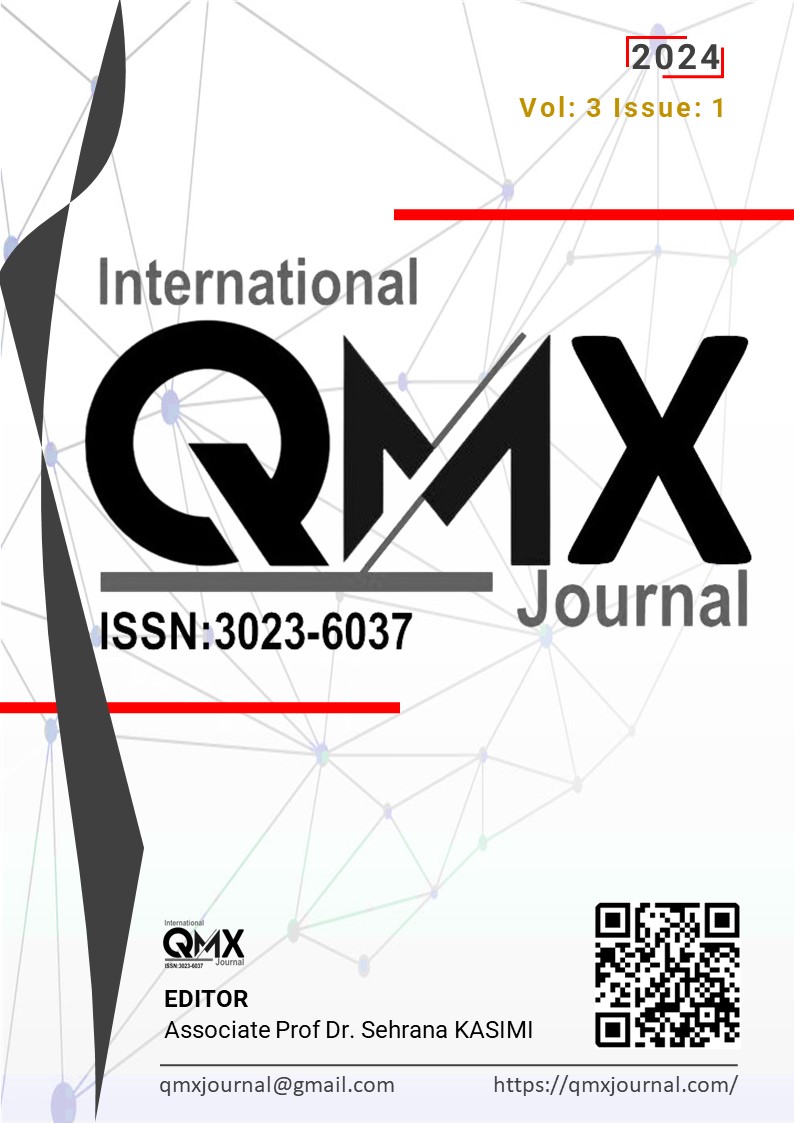Author :
Abstract
Okul müdürlerinin sergiledikleri liderlik davranışı ile öğretmenlerin örgütsel bağlılık algısı arasındaki ilişkinin belirlenmesi amacıyla yürütülen tarama modelindeki araştırmada “Liderlik Davranışları Düzeyleri Ölçeği” ve “Örgütsel Bağlılık Ölçeği” aracıyla veriler çevrimiçi yöntemlerle toplanmış ve SPSS programı aracılığıyla analizler yapılmıştır. Araştırma bulgularına göre öğretmenlerin okul müdürlerinin liderlik davranışlarını benzer düzeyde algıladığı, kısmen daha çok otoriter, az farkla demokratik-katılımcı liderlik ve tam serbestlik tanıyan liderlik davranışı sergilediği ve kuruma karşı orta düzeyde duygusal ve normatif bağlılık, düşük düzeyde devamlılık bağlılığı hissettiği şeklinde görüş bildirdiği; medeni durum ve yaşa göre farklılaşma oluşmazken cinsiyet, eğitim düzeyi, kıdem, aynı okulda çalışma süresi ve çalışılan eğitim kademesine göre farklılaşma oluştuğu; otoriter liderlik ile normatif bağlılık; demokratik-katılımcı liderlik ile duygusal bağlılık, devamlılık bağlılığı ve normatif bağlılık; tam serbestlik tanıyan liderlik ile duygusal bağlılık, devamlılık bağlılığı ve normatif bağlılık arasında istatistiksel açıdan çok düşük de olsa pozitif bir ilişki olduğu sonucuna ulaşılmıştır. Araştırma sonuçları doğrultusunda yöneticilerin daha ılımlı liderlik özelliği göstermesi, çağdaş liderlik anlayışları hakkında bilgi sahibi olması, mevcut liderler için modern liderlik tarzlarında hizmet içi eğitim düzenlenmesi, örgütsel bağlılığı arttırmak adına çalışanların ihtiyaçlarının göz önünde bulundurulması önerilmiştir.
Keywords
Abstract
In the survey model research conducted to determine the relationship between the leadership behaviours exhibited by school principals and teachers’ perception of organisational commitment, the data were collected online with the “Leadership Behaviour Levels Scale” and “Organisational Commitment Scale” and analyses were made through SPSS software. According to the findings of the research, teachers perceived the leadership behaviours of school principals at a similar level; they perceived that school principals exhibited authoritarian leadership behaviour, democratic-participative leadership behaviour and leadership behaviour allowing full freedom with a small difference, and that they felt moderate level of emotional and normative commitment and low level of continuance commitment towards the institution; there was no differentiation according to marital status and age, but there was differentiation according to gender, education level, seniority, working time in the same school and educational level; there was a positive, albeit statistically very low, relationship between authoritarian leadership and normative commitment; democratic-participative leadership and affective commitment, continuance commitment and normative commitment; and full latitude leadership and affective commitment, continuance commitment and normative commitment. In line with the results of the research, it is suggested that managers should show more moderate leadership characteristics, have knowledge about contemporary leadership approaches, organise in-service training in modern leadership styles for current leaders, and take into account the needs of employees in order to increase organisational commitment.
